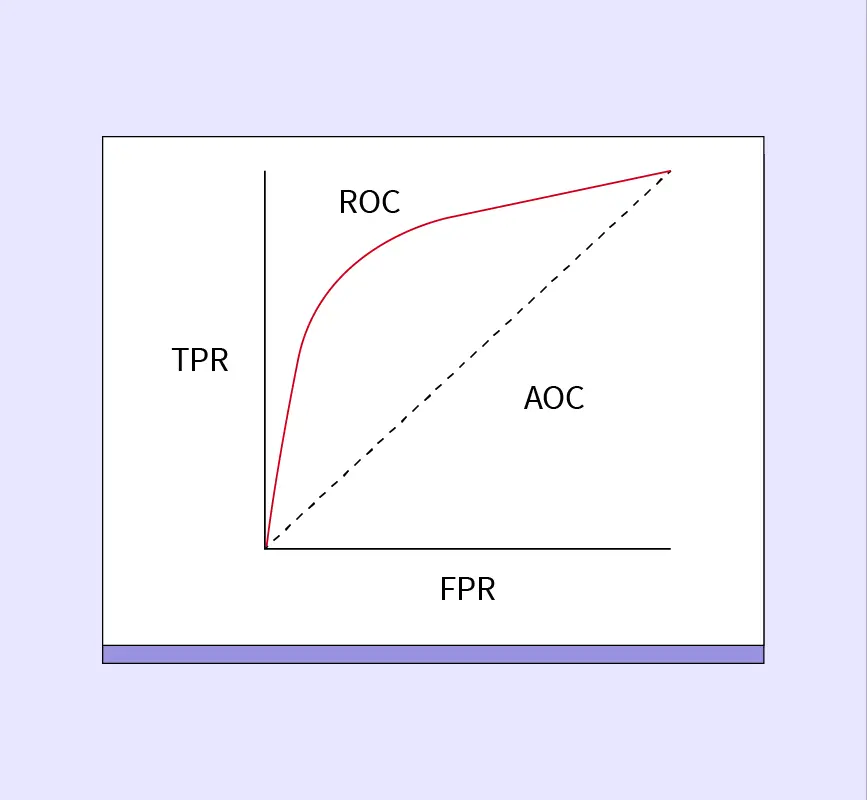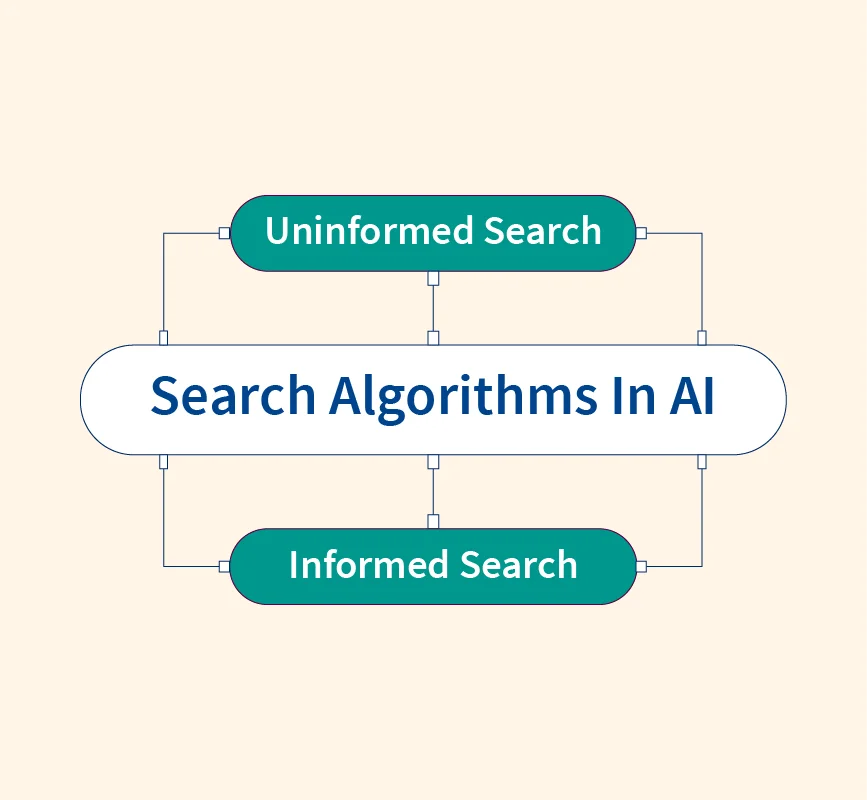In today’s data-driven world, data science is a vital tool transforming industries worldwide. By leveraging advanced analytics, machine learning, and statistical methods, data science enables organizations to derive actionable insights from complex datasets. This article highlights the top benefits of data science, showcasing how it drives innovation, enhances decision-making, and creates competitive advantages across various sectors.
Fundamentals of Data Science
Data science is an interdisciplinary field that combines statistical analysis, machine learning, and data visualization to extract meaningful insights from data. Its components include data collection from various sources, analysis using computational tools, and visualization to communicate findings effectively. Data science is closely related to disciplines like artificial intelligence, which focuses on building intelligent systems, and big data, which deals with managing vast amounts of information. Together, these fields empower organizations to harness the full potential of their data for strategic decision-making.
The Data Science Lifecycle
The lifecycle of data science involves several key stages:
- Data Collection and Storage: Data is gathered from multiple sources, such as databases, APIs, or IoT devices, and stored securely.
- Data Preparation: Raw data is cleaned, formatted, and structured to ensure accuracy and usability.
- Exploration and Visualization: Analysts identify patterns, correlations, and trends using tools like Tableau or Matplotlib.
- Experimentation and Prediction: Predictive models are developed using machine learning algorithms to make informed forecasts.
- Communication: Insights are shared with stakeholders through data storytelling, dashboards, and reports, enabling actionable outcomes.
Top 10 Benefits of Data Science
1. Better Decision-Making
Data science empowers organizations to make strategic decisions by analyzing vast datasets to uncover trends and correlations. It enables predictive analytics, which helps businesses forecast outcomes with high accuracy. For instance, in the retail sector, data-driven insights optimize inventory management, pricing strategies, and sales forecasts. By eliminating guesswork, data science ensures decisions are based on empirical evidence rather than intuition. This approach improves operational efficiency, reduces risks, and enhances overall performance. Companies leveraging data science for decision-making gain a competitive edge, fostering growth and long-term success.
2. Enhanced Performance Measurement
Data science plays a pivotal role in tracking and improving organizational efficiency by leveraging Key Performance Indicators (KPIs). It enables businesses to monitor performance metrics in real-time, providing actionable insights into areas needing improvement. For instance, companies can evaluate employee productivity, operational efficiency, and customer satisfaction through data-driven dashboards. By identifying inefficiencies, businesses can optimize their strategies, reduce waste, and achieve goals faster. Predictive models help forecast future performance, ensuring proactive adjustments. This systematic approach enhances transparency and accountability, making performance measurement more precise and impactful.
3. Financial Insights and Optimization
Data science revolutionizes financial management by providing deep insights into cost structures and revenue streams. Predictive analytics enables businesses to forecast sales, identify profitable ventures, and optimize budgets. For example, banks use data science to assess loan risks, detect fraudulent transactions, and streamline operations. Retailers leverage pricing models to maximize profit margins and reduce inventory waste. By analyzing spending patterns and identifying inefficiencies, companies can make data-backed financial decisions that drive profitability. The ability to simulate financial scenarios ensures smarter investments, helping organizations stay resilient in competitive markets.
4. Product Development
Data science drives innovation in product development by analyzing customer preferences and market trends. It enables companies to create customer-centric products that meet specific needs. For instance, e-commerce platforms use data to identify popular features and improve product recommendations. Businesses leverage data science tools to simulate product designs, predict their performance, and refine prototypes before launching. This process reduces development time and costs while maximizing customer satisfaction. By continuously analyzing user feedback and behavioral data, organizations can evolve their offerings, staying ahead in competitive markets.
5. Increased Efficiency
Data science streamlines workflows and automates repetitive tasks, significantly improving operational efficiency. Advanced algorithms optimize processes such as supply chain management, customer service, and resource allocation. For example, businesses use predictive maintenance to prevent equipment failures and reduce downtime. Robotic Process Automation (RPA), powered by data insights, handles mundane tasks like data entry, freeing employees for higher-value activities. By analyzing workflow data, organizations can identify bottlenecks and implement solutions for smoother operations. This automation not only saves time and resources but also enhances productivity and accuracy across departments.
6. Risk Mitigation and Fraud Detection
Data science is integral to identifying and mitigating risks across various industries. Advanced algorithms analyze historical data and identify patterns that signal potential risks or fraudulent activities. For example, financial institutions use machine learning models to detect anomalies in transactions, flagging potential fraud. In healthcare, predictive analytics helps identify high-risk patients, enabling preventive care. By leveraging real-time data, businesses can respond proactively to threats, minimizing losses. Risk assessment tools powered by data science enhance decision-making, ensuring compliance with regulations and safeguarding assets from unforeseen challenges.
7 Predictive Insights and Trend Analysis
Data science enables businesses to gain a competitive edge through predictive insights and trend analysis. By examining historical data, organizations can forecast future market trends, consumer preferences, and industry shifts. For instance, retailers use predictive analytics to anticipate demand, optimize inventory, and plan seasonal strategies. In marketing, data-driven models predict customer behavior, allowing for targeted campaigns. These insights ensure timely and informed decisions, helping businesses adapt to changes quickly. Leveraging predictive analytics not only enhances strategic planning but also fosters innovation, positioning companies for long-term success.
8. Improved Customer Experience
Data science enhances customer experience by enabling precise personalization through data-driven customer segmentation. Businesses analyze behavioral data, purchase history, and preferences to tailor products, services, and marketing campaigns for specific customer groups. For example, streaming platforms recommend content based on viewing habits, while e-commerce sites suggest products aligned with browsing history. Sentiment analysis on social media helps organizations address customer concerns proactively, fostering loyalty. By delivering personalized experiences, businesses strengthen relationships with their customers, boosting satisfaction and retention rates, while gaining insights to refine their strategies further.
9. Business Scalability
Data science empowers businesses to scale operations efficiently by leveraging insights from vast datasets. Predictive models enable organizations to anticipate market demands and adjust resources accordingly. Cloud-based solutions and advanced analytics allow seamless adaptation to changing customer needs and operational expansion. For instance, logistics companies optimize delivery routes and resource allocation using data-driven strategies, supporting growth without compromising quality. Furthermore, data science tools streamline workflows and automate processes, reducing overhead costs and enhancing productivity. This scalability helps businesses stay competitive and responsive in dynamic markets, ensuring sustained growth.
10. Real-World Problem Solving
Data science plays a pivotal role in addressing global challenges, such as climate change, healthcare issues, and urban planning. Environmental scientists use data-driven models to predict weather patterns, monitor deforestation, and assess renewable energy potential. In healthcare, predictive analytics aids in early disease detection and personalized treatment plans. Urban planners utilize data science for traffic optimization, waste management, and smart city initiatives. These real-world applications showcase data science’s ability to provide actionable insights, enabling innovative solutions for complex societal problems. By harnessing data effectively, industries contribute to a more sustainable and efficient future.
Conclusion
Data science has revolutionized industries by transforming raw data into actionable insights. Its ability to enhance decision-making, drive innovation, and solve complex challenges underscores its importance in today’s digital age. Businesses leveraging data science achieve growth by optimizing operations, personalizing customer experiences, and staying ahead of market trends. From improving efficiency to tackling global issues, data science continues to shape the future of technology and society. By adopting data-driven strategies, organizations can gain a competitive edge, unlocking new opportunities for success in an ever-evolving landscape.
References:


